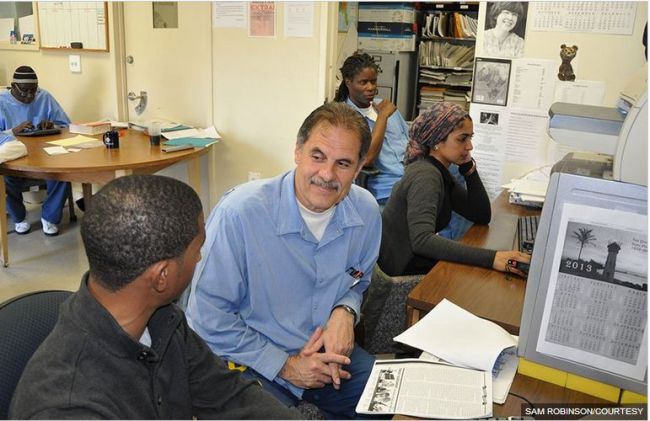Private Equity, New Island Capital Management
“Put yourself in challenging situations and test your limits.” That’s the advice Paul Maa, MBA 13, has for students.
The Berkeley alum found himself testing his limits when he started working at the international social venture Room to Read – a different world from his days of investment banking on Wall Street.
But his time at Room to Read was a revelation – not only in having to adapt to very unfamiliar territory, but in that it uncovered a world beyond what he had experienced in prior finance jobs.
“Realizing what else was out there and thinking about what mattered to me,” says Paul, led him towards a new path, starting with graduate studies at Berkeley’s Haas School of Business. At Haas, he focused on the intersection of financial profit and impact, particularly pertaining to the energy industry. His experiences at Haas further clarified the type of work that is most meaningful to him.
Haas exposed Paul to cutting-edge ideas surrounding investing and impact. In 2012, Paul was one of three Student Co-Chairs of the Global Social Venture Competition, a contest hosted by Haas since its founding in 1999, which draws aspiring entrepreneurs from the world’s top business schools to present their social sector innovations.
It was important to Paul to explore opportunities outside the classroom at Haas because, in the course of the school year, it was easy to lose focus on what really mattered. In fact, it was reflecting on essays he had written to gain admittance to Haas that helped keep Paul grounded in what motivates him most.
Students, Paul suggests, should “throw caution to the wind.” Trying something different, when you have the freedom to do so, can spark a new interest. And, he notes, “the knowledge you will gain from these experiences will prove useful in your career.”
Paul’s Berkeley Board Fellowship at the San Francisco YMCA helped him step out of his comfort zone and utilize his experience to benefit an important community organization. The board called on him to weigh strategic impact outcomes against financial results. He saw firsthand how boards make organization-changing decisions. Looking back, Paul says what he learned as a Board Fellow is relevant to the work that he does now.
Another formative experience for Paul was an internship between his first and second year of Haas. At New Island Capital Management, a San Francisco-based investment firm, Paul focused on sustainability-oriented investments. It was there that Paul was able to pursue his personal interests and blend the finance and investing background he had acquired over three years at Gryphon Investors and Lehman Brothers with the impact lens he’d built at Room to Read.
After graduation, Paul returned to New Island as an associate in private equity. Today, he says, “I enjoy what I do because I believe in the impact that we create by building and investing in profitable, sustainable businesses.”





